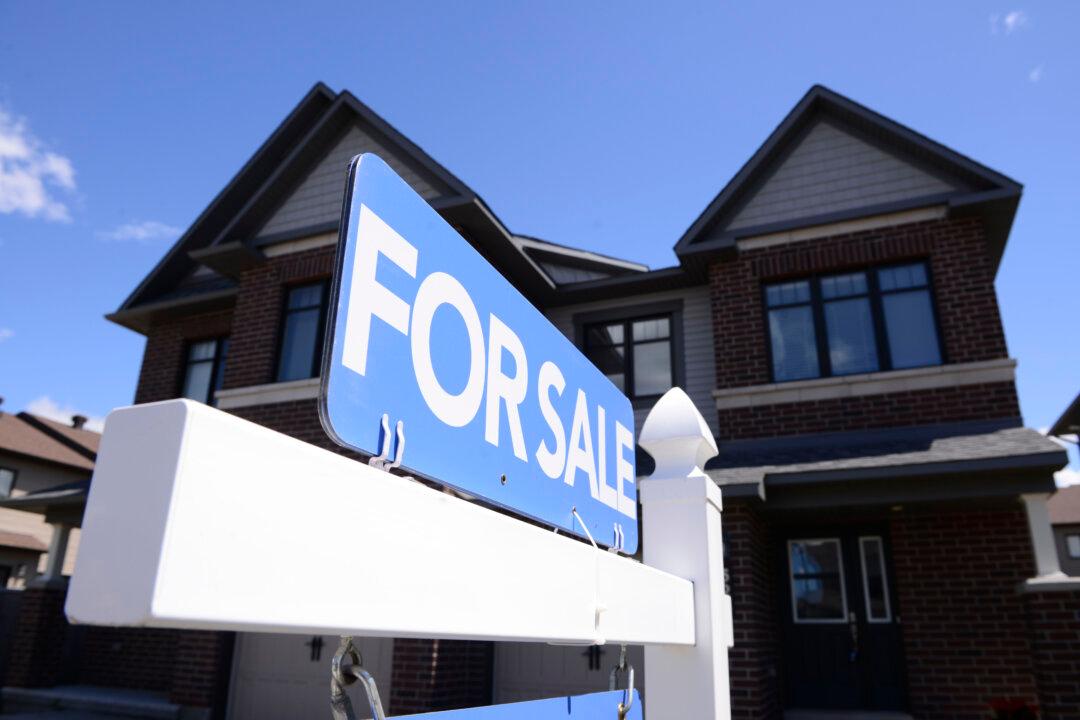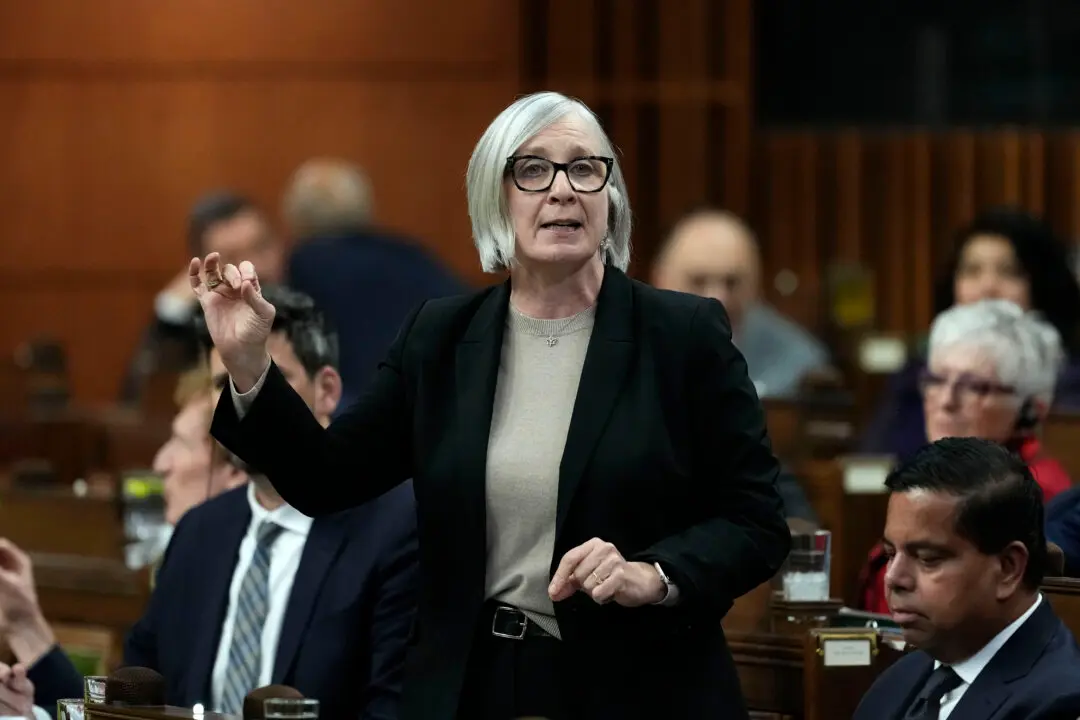Andrew Hamilton and his wife bid farewell to their home in Toronto’s Junction neighbourhood roughly a year and a half ago, when housing prices were soaring, but finding a new abode proved tricky.
With no available homes meeting their needs or price range, the couple opted to temporarily use the equity they got from selling their house on a rental property in Etobicoke.





